Nori Rabbit IL-5 ELISA Kit
$461.00 – $832.00
This ELISA kit is for quantification of IL-5 in rabbit. This is a quick ELISA assay that reduces time to 50% compared to the conventional method, and the entire assay only takes 3 hours. This assay employs the quantitative sandwich enzyme immunoassay technique and uses biotin-streptavidin chemistry to improve the performance of the assays. An antibody specific for IL-5 has been pre-coated onto a microplate. Standards and samples are pipetted into the wells and any IL-5 present is bound by the immobilized antibody. After washing away any unbound substances, a detection antibody specific for IL-5 is added to the wells. Following wash to remove any unbound antibody reagent, a detection reagent is added. After intensive wash a substrate solution is added to the wells and color develops in proportion to the amount of IL-5 bound in the initial step. The color development is stopped, and the intensity of the color is measured.
Alternative names for IL-5: Interleukin 5
This product is for laboratory research use only not for diagnostic and therapeutic purposes or any other purposes.
- Description
- How Elisa Works
- Product Citation (25)
- Reviews (0)
Description
Nori Rabbit IL-5 ELISA Kit Summary
Alternative names for IL-5: Interleukin 5
| Assay Type | Solid Phase Sandwich ELISA |
| Format | 96-well Microplate or 96-Well Strip Microplate |
| Method of Detection | Colorimetric |
| Number of Targets Detected | 1 |
| Target Antigen Accession Number | G1SL79 |
| Assay Length | 3 hours |
| Quantitative/Semiquantitative | Quantitative |
| Sample Type | Plasma, Serum, Cell Culture, Urine, Cell/Tissue Lysates, Synovial Fluid, BAL, |
| Recommended Sample Dilution (Plasma/Serum) | No dilution for sample <ULOQ; sufficient dilution for samples >ULOQ |
| Sensitivity | 6 pg/mL |
| Detection Range | 31.25-2000 pg/mL |
| Specificity | Rabbit IL-5 |
| Cross-Reactivity | < 0.5% cross-reactivity observed with available related molecules, < 50% cross-species reactivity observed with species tested. |
| Interference | No significant interference observed with available related molecules |
| Storage/Stability | 4 ºC for up to 6 months |
| Usage | For Laboratory Research Use Only. Not for diagnostic or therapeutic use. |
| Additional Notes | The kit allows for use in multiple experiments. |
Standard Curve
Kit Components
1. Pre-coated 96-well Microplate
2. Biotinylated Detection Antibody
3. Streptavidin-HRP Conjugate
4. Lyophilized Standards
5. TMB One-Step Substrate
6. Stop Solution
7. 20 x PBS
8. Assay Buffer
Other Materials Required but not Provided:
1. Microplate Reader capable of measuring absorption at 450 nm
2. Log-log graph paper or computer and software for ELISA data analysis
3. Precision pipettes (1-1000 µl)
4. Multi-channel pipettes (300 µl)
5. Distilled or deionized water
Protocol Outline
1. Prepare all reagents, samples and standards as instructed in the datasheet.
2. Add 100 µl of Standard or samples to each well and incubate 1 h at RT.
3. Add 100 µl of Working Detection Antibody to each well and incubate 1 h at RT.
4. Add 100 µl of Working Streptavidin-HRP to each well and incubate 20 min at RT.
5. Add 100 µl of Substrate to each well and incubate 5-30 min at RT.
6. Add 50 µl of Stop Solution to each well and read at 450 nm immediately.
Background:
Interleukin 5 (IL5) is a secreted glycoprotein that belongs to the α-helical group of cytokines (1, 2, 3). Unlike other family members, it is present as a covalently linked antiparallel dimer (4, 5). IL-5 expression is regulated by several transcription factors including GATA3 (6). IL5 is primarily produced by CD4+ Th2 cells, but also by activated eosinophils, mast cells, BV transformed B cells, Reed Sternberg cells in Hodgkin’s disease, and IL2stimulated invariant natural killer T cells (iNKT) (1, 2, 3, 7, 8, 9). IL5 increases production and mobilization of eosinophils and CD34+ progenitors from the bone marrow and causes maturation of eosinophil precursors outside the bone marrow (1, 7, 10, 11). Interleukin-5 has long been associated with the cause of several allergic diseases including allergic rhinitis and asthma, wherein a large increase in the number of circulating, airway tissue, and induced sputum eosinophils have been observed.
References
- Elsas, P.X. and M. I. G. Elsas (2007) Curr. Med. Chem. 14:1925.
- Milburn MV, et al. Nature 1993; 363(6425):172-176.
- MartinezMoczygemba, M. and D. P. Huston (2003) J. Allergy Clin. Immunol. 112:653.
- Minamitake, Y. et al. (1990) J. Biochem. 107:292.
- McKenzie, A. N. et al. (1991) Mol. Immunol. 28:155.
- Kaminuma O, et al. Int Arch Allergy Immunol 2005; 137 Suppl 1:55-9.
- Shakoory, B. et al. (2004) J. Interferon Cytokine Res. 24:271.
- Lalani, T. et al. (1999) Ann. Allergy Asthma Immunol. 82:317.
- Sakuishi, K. et al. (2007) J. Immunol. 179:3452.
- Clutterbuck, E. J. et al. (1989) Blood 73:1504.
- Cameron, L. et al. (2000) J. Immunol. 164:1538.
Be the first to review “Nori Rabbit IL-5 ELISA Kit”
You must be logged in to post a review.
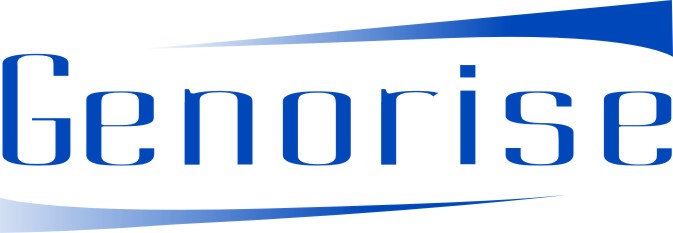






















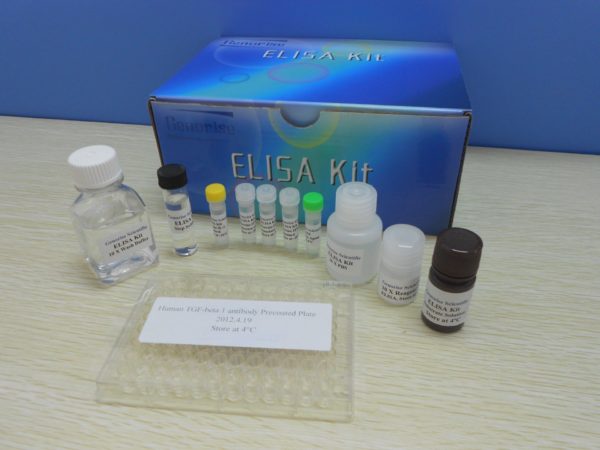
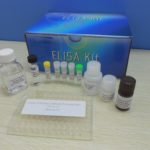
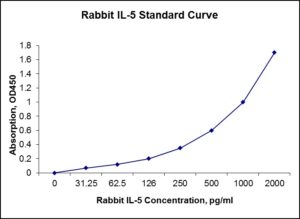
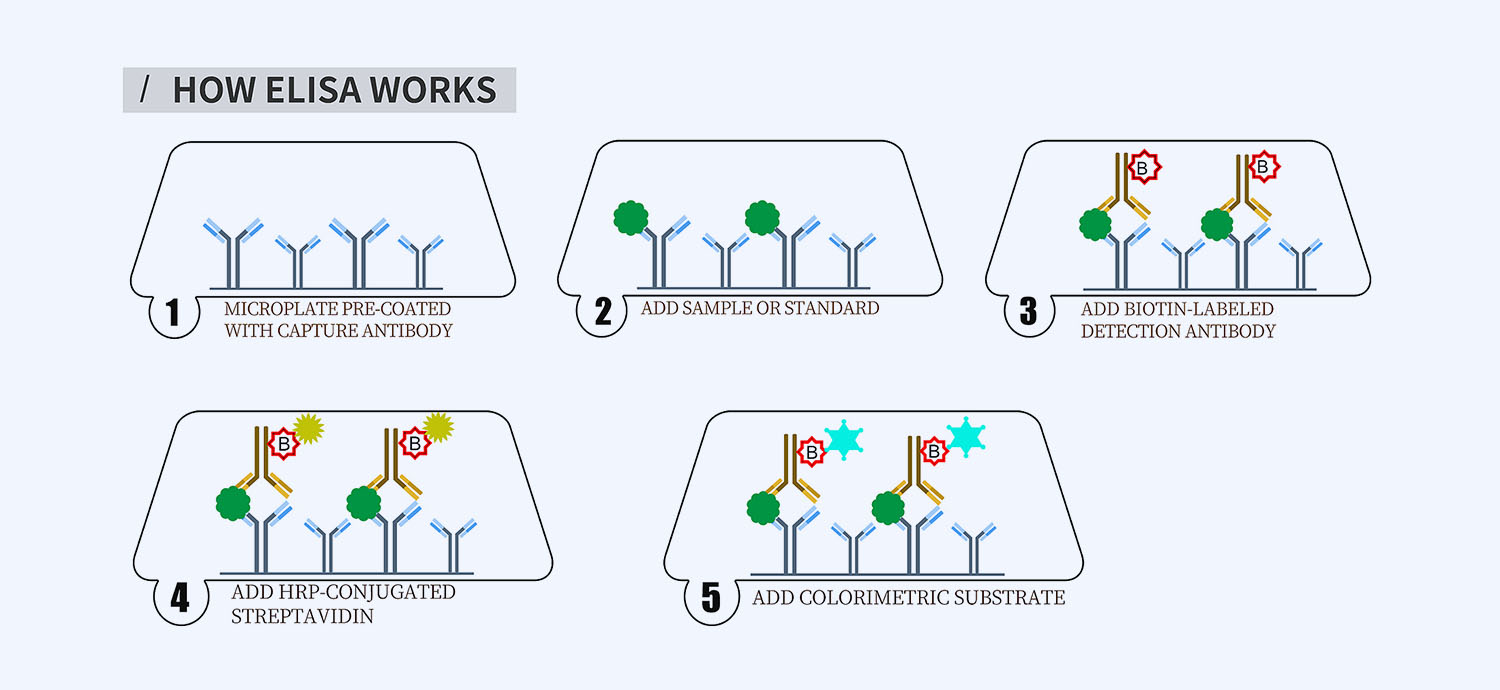
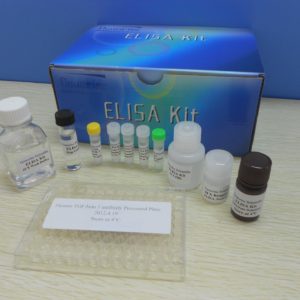
Reviews
There are no reviews yet.